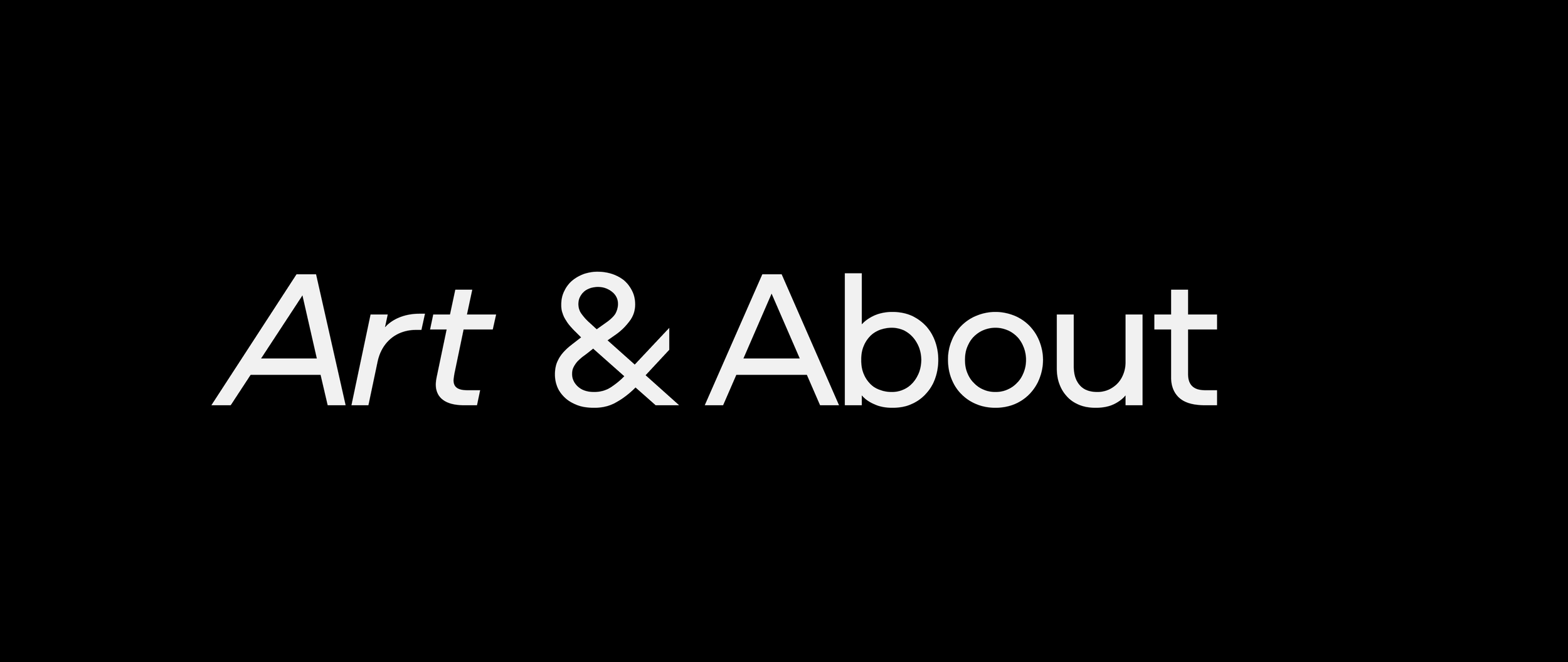A Sense of Place: The Art of George Tsutakawa opens at the Japanese American Museum of Oregon on Thursday, Sept. 7, and remain on view through Dec. 31, 2023. The career-spanning exhibition is being organized by the museum in collaboration with the Tsutakawa family and includes examples of his work in watercolor, sumi, metal sculpture and fountain design. This will be the first Oregon exhibition of the Japanese-American artist’s work. George Tsutakawa (1910-1997) was born in Seattle but spent 10 years of his childhood in Japan before moving back to Washington to live with relatives. Inspired by his life in the Pacific Northwest and his Japanese heritage, his work reveals a fascination with the natural forms and aesthetics that he encountered in both environments. His early career was defined by an abstract modernist style in oil, prints, and watercolor, but he became more enamored with Japanese cultural sensibilities as time went on.
His contemporaries in the Northwest art scene, such as Mark Tobey, encouraged his deepening interest in Japanese art styles, forms, and techniques. Tsutakawa is most renowned for his metal fountains and public sculptures. His public works can be found in cities across the U.S., Canada, and Japan. For local audiences, his most recognizable George Tsutakawa, Obos Fragments, 1957.
Courtesy of the Tsutakawa Family. public works include the Fountain of Wisdom at the downtown branch of the Seattle Public Library, the Memorial Gates at Seattle’s Washington Park Arboretum, and the now-removed fountains at Portland’s Lloyd Center Mall.
A highlight of the exhibition is a large model for Fountain of Wisdom, Tsutakawa’s first fountain sculpture, created in 1960 for the Seattle Public Library. Visitors will also be treated to war-time modernist oil paintings, bronze sculptures, paintings made for a Northwest cookbook, and depictions of Northwest scenes in sumi ink and watercolor.
During World War II, Tsutakawa taught Japanese at the U.S. Army Military Intelligence School. While he was stationed at Fort Snelling in St. Paul, Minnesota, his sister and her family were incarcerated at the Tule Lake concentration camp. He visited them there, where he met his wife, Ayame, who would go on to offer him a great deal of support in nurturing his career. His children embraced his love of art: Gerard went on to become a sculptor, Mayumi an arts writer, Deems a jazz musician, and Marcus an orchestra conductor and teacher. After the war, George Tsutakawa settled in Seattle with his family, where he resumed his artistic career and taught at the University of Washington. “We are thrilled to bring the work of George Tsutakawa to Oregon through this exhibition,” said Lucy Capehart, director of collections and exhibitions at the Japanese American Museum of Oregon. “He incorporated many of the places he visited and lived in into his work, including his summers spent in Alaska, childhood in Japan, teen years in Seattle, and a trip to Nepal. He even visited and was inspired by the natural beauty of Oregon. It is finally time to bring his work to Portland in a way that honors the wide range of work he created over his 60-year career.”
Exhibition Events
A Sense of Place: The Art Legacy of George Tsutakawa
Lecture by Mayumi Tsutakawa
Saturday, October 28, 2pm
Location TBD
About the Japanese American Museum of Oregon
The mission of the Japanese American Museum of Oregon is to preserve and honor the history and culture of Japanese Americans in the Pacific Northwest, educate the public about the Japanese American experience during WWII, and advocate for the protection of civil rights for all Americans. Formerly known as the Oregon Nikkei Legacy Center, our museum is a venue for culture and research as well as an invaluable resource for exploring Nikkei experiences and their role in Oregon’s multicultural community. Our permanent exhibit space highlights Issei immigration and early life in Oregon, Nihonmachi (Japantown), and the experience during World War II through Nikkei life today.
Museum Hours: Thursday-Sunday, 11am-3pm
Admission: Free for Friends of JAMO; $8 Adults; $6 Seniors; $5 Students; Free for Children 11 and under
Admissions/General Museum Contact: 503-224-1458, jamo.org

